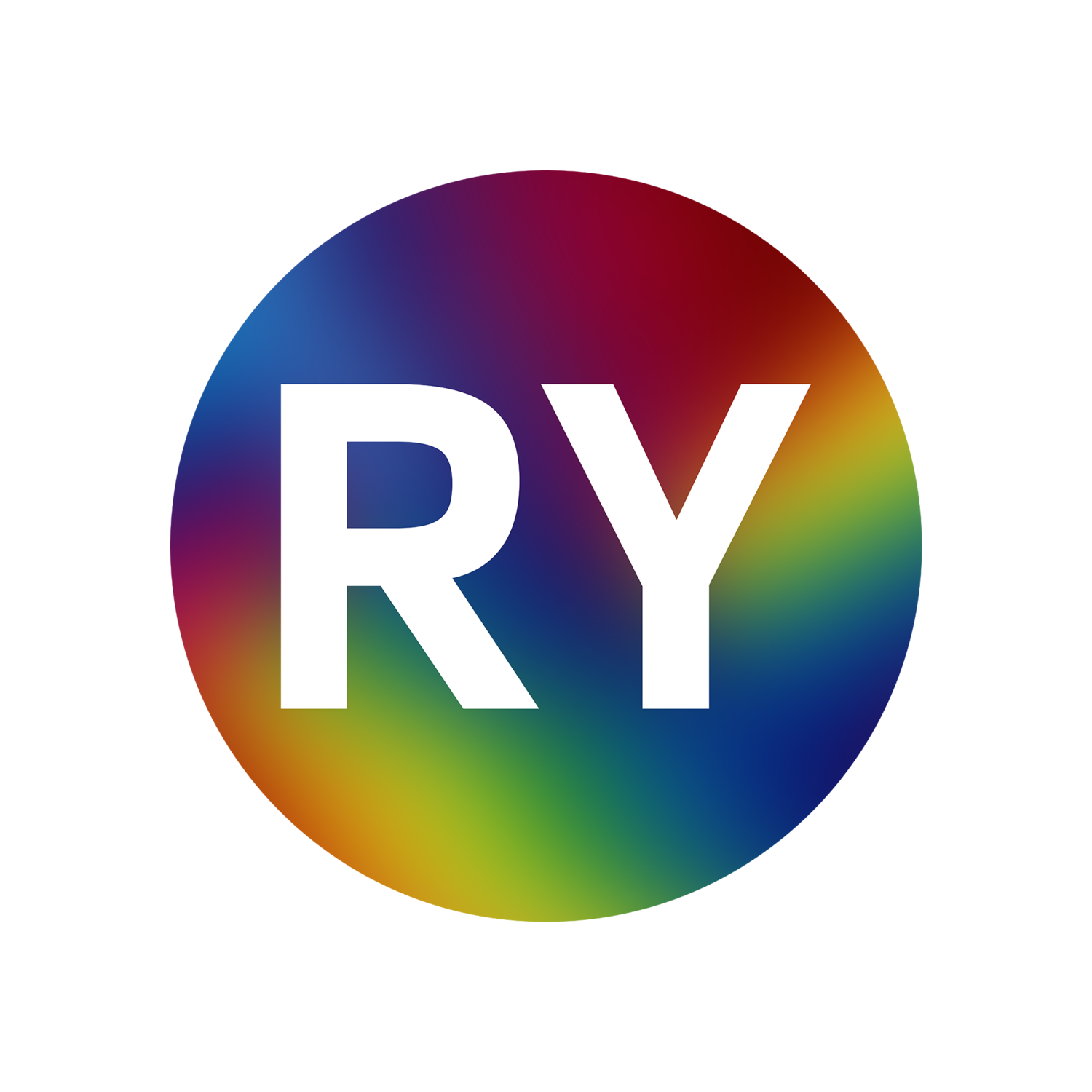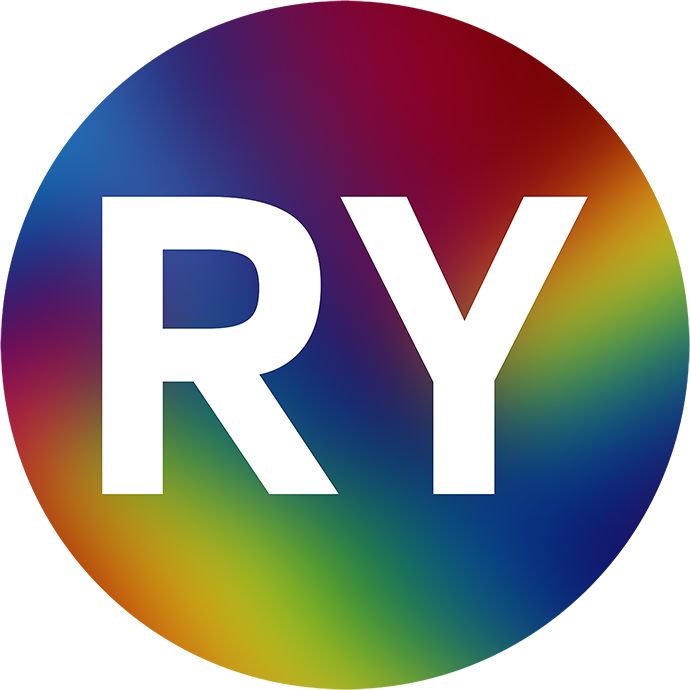
Legal Protection for Rainbow Rangatahi Online
Online harassment including homophobia and transphobia, can have serious effects on rainbow youth, leading to distress and mental health challenges. Discrimination based on sexual orientation or gender identity is illegal in New Zealand. This resource explains the legal protections that exist to help rainbow youth navigate these challenges in the online environment.
Know your rights online
-
Human Rights Act 1993
Section 21: This section prohibits discrimination on the grounds of sexual orientation (including both heterosexual and homosexual orientations) and gender identity in the provision of goods and services, including in education. This provision extends to online services, meaning rainbow youth are protected from discrimination on social media, websites, and other online platforms.
Key Point: If someone experiences discrimination (e.g., being harassed or excluded from online groups or platforms because of their sexual orientation or gender identity), they can make a complaint to the Human Rights Commission.
What You Can Do: If you're experiencing online harassment or discrimination based on your sexual orientation or gender identity, you can file a complaint with the Human Rights Commission under Section 21 of this Act.
Section 62: Sexual harassment is prohibited under this section. This includes unwelcome conduct of a sexual nature, which can also be directed towards LGBTQIA+ individuals based on their gender identity or sexual orientation.
Application: In online contexts, this would cover any unwanted sexualized messages or content targeting someone's gender identity or sexual orientation, such as being "slut-shamed" or receiving unsolicited sexual messages or imagery.
What You Can Do: If you experience sexual harassment online, you can make a complaint to the Human Rights Commission under this section.
Section 59: This section sets out the grounds for lodging complaints with the Human Rights Commission. If a complaint is not resolved at the Commission level, the Commission may refer it to the Human Rights Review Tribunal for further action.
Resource: Human Rights Commission – LGBTI Rights
Privacy Act 2020:
Section 22: This section allows individuals to request access to personal information held by an organization. This is particularly important in online spaces, where personal information may be misused or shared without consent (e.g., being outed or doxxed online).
What You Can Do: If personal data is shared without consent or used to harm you (such as revealing your sexual identity or gender expression online), you can request the removal or correction of this information from organizations under Section 22.
Section 66: Right to request deletion of personal information. If personal information has been misused, individuals have the right to request its deletion. This applies if your personal data has been spread online or used in ways that cause harm.
Example: If your personal information (such as your gender identity or sexual orientation) is publicly shared or misused, you have the right to request the deletion of this information under Section 66.
What You Can Do: You can formally request the removal of any harmful online content (e.g., pictures, messages, or any private information that was shared without consent) under this provision.
Resources:Privacy Commission – Protecting Your Privacy
Harassment Act 1997
Section 4: Under the Harassment Act, harassment is defined as behaviour that causes someone alarm or distress. This applies to both in-person and online harassment. This includes repeated online messages, abusive content, or any actions aimed at causing emotional distress.
What You Can Do: If you're being harassed online, you have the right to take legal action under this Act. You can request that the harasser stop or seek legal recourse if the harassment continues.
Section 3: Allows victims of harassment to seek an Order to stop harassment. This can include situations where someone is being repeatedly harassed online, and they can apply to the court to stop the harasser’s conduct.
What You Can Do: If you're experiencing persistent online harassment that causes distress, you can apply for an order to prevent the harasser from contacting you or engaging in further harmful conduct.
-
Right to be Forgotten: The Privacy Act 2020 does not provide a specific "right to be forgotten" like the European Union's GDPR. Instead, it does allow individuals to request access to their personal information held by an agency, and in some cases, request corrections to that information. However, it does not have a mechanism specifically for "deleting" data in the same way that other jurisdictions might.
Platform Responsibility: Platforms (e.g., Facebook, Instagram, Twitter) must comply with New Zealand's Communications and Media Law, which mandates them to ensure safe online environments. If they fail to remove discriminatory content, they may be held accountable under Section 131 of the Human Rights Act.
Data Protection and Security: Section 66 of the Privacy Act requires organizations to protect data collected from users, ensuring that it cannot be misused or shared without consent.
-
Documenting Evidence: Legal steps to collect and secure evidence, such as screenshots or recordings, in case the situation escalates and requires reporting to authorities. This aligns with the Privacy Act 2020 provisions on securing personal information (Section 7).
Report Mechanisms:
NetSafe: Rainbow youth can report online bullying or harassment to NetSafe, an organization that works in collaboration with the Human Rights Commission.
Section 62 of the Human Rights Act 1993 allows individuals to file complaints directly to the Human Rights Commission, which can investigate online discriminatory incidents.
-
Civil Claims for Harassment: Under the Harassment Act 1997, individuals can pursue civil claims if subjected to online harassment that causes emotional distress.
Section 4 of the Harassment Act provides an avenue for filing complaints in cases where repeated online harassment or other actions have led to distress.
Civil Claims for Breach of Privacy: If personal information is shared without consent, rainbow youth can take legal action for breach of privacy under the Privacy Act 2020.
Section 66 allows individuals to request the deletion of harmful content shared about them.
Accessing Support: Organizations like Youthline or Community Law provide free legal advice for young people facing online discrimination or harassment.
-
Secure Your Online Presence: Legal guidelines for rainbow youth to protect their privacy on social media, including using privacy settings to limit exposure to potential harm.
Section 7 of the Privacy Act emphasizes the importance of safeguarding personal information online to avoid misuse.
Know Your Legal Rights: Encouraging rainbow youth to understand their rights under the Human Rights Act and Privacy Act, and how to pursue legal action if their rights are violated online.
-
Digital Citizenship: Promote responsible online behaviour and the importance of inclusive, non-discriminatory interactions. Encourage individuals to report any violations of their rights or the rights of others online.
Bystander Actions: Legal rights and responsibilities of bystanders who witness online harassment or discrimination, encouraging reporting and standing against hate speech.
Section 131 of the Human Rights Act allows bystanders to report instances of hate speech or discrimination they witness online.
Rainbow youth are legally protected against discrimination in all spheres, including online. We encourage them and their whanau, and support systems to stand up for their rights and seek legal redress if necessary. They are not alone, and there are legal resources and community organizations available to provide support.
All research and content written by:
Kahn Ariki Stevenson

